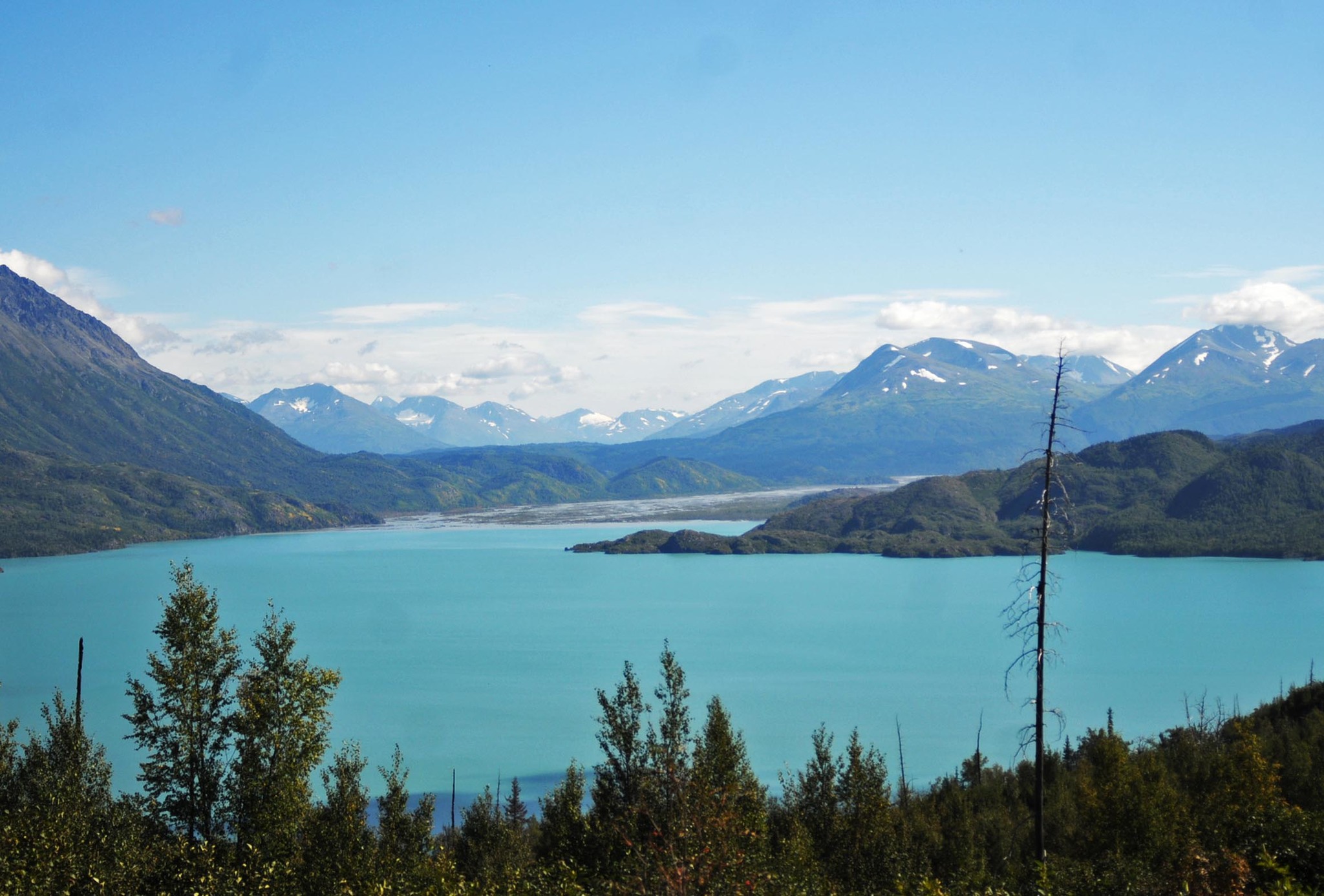Editor’s note: This article has been updated to correct Safari Club International Vice President Eddie Grasser’s title.
The Safari Club International has filed a lawsuit against the U.S. Department of the Interior, the Fish and Wildlife Service and the National Park Service over its hunting rules on federal lands in Alaska.
The nonprofit, one of the largest hunting advocacy organizations in the country, is challenging a set of rules the three organizations enacted in 2016 to restrict hunting and trapping practices on national preserves and on national wildlife refuges in the state, specifically on the Kenai National Wildlife Refuge. The rules conflict with the state’s ability to manage wildlife and interfere with Alaskans’ ability to hunt and trap, among other impacts, according to the lawsuit filed Jan. 19 in U.S. District Court for Alaska.
The federal government owns more than half of Alaska, managed by a smattering of different federal agencies. The U.S. Department of the Interior manages national wildlife refuges through the Fish and Wildlife Service and national parks and preserves through the National Park Service. Taken together, NPS manages about 54 million acres of the state, and Fish and Wildlife manages about 76.7 million acres.
Specifically, the lawsuit takes issue with a rule that bans predator control activities on national wildlife refuges “unless based on sound science and in response to a conservation concern or is necessary to meet refuge purposes, federal laws or (Fish and Wildlife Service) policy,” according to an Aug. 3, 2016 press release about the rule.
The National Park Service’s rule, which was finalized Oct. 23, 2015, prohibits the taking of brown bears over bait and the take of wolves and coyotes between May 1 and Aug. 9, which is designated as denning season, and eliminating the “temporary” closure category for national preserves in Alaska, which previously expired after 12 months. The lawsuit claims these closures allow Alaska personnel “unlimited discretion” to close areas to sport hunting without providing rulemaking notice or public comment opportunities.
The lawsuit also claims the consequences of the National Park Service’s actions extend beyond its boundaries because the predators and prey do not remain within the boundaries of the national preserves.
“The NPS exceeded its statutory authority in promulgating the NPS Regulations, as the regulations illegally override the State’s authority to regulate the methods and means of taking Alaska’s wildlife,” the lawsuit states.
The complaint against Fish and Wildlife’s general rule prohibiting predator control activities on Alaska national wildlife refuges is for similar reasons. On the Kenai National Wildlife Refuge specifically, which covers a broad swath of the Kenai Peninsula between the Russian River and the community of Sterling and stretches down toward the Fox River Flats on the southern peninsula, the lawsuit objects to the public use restrictions that prohibit some plane and motorboat use and lynx, coyote and wolf hunting within the Skilak Wildlife Recreation Area and prohibit bear baiting for brown bears, require a permit for baiting black bears and prohibit using a dog to hunt big game except for black bears, with a special use permit, among other rules.
The lawsuit claims that neither the National Park Service nor Fish and Wildlife completed the proper National Environmental Protection Act processes for their regulations.
The lawsuit asks for the court to declare all the regulations as invalid and enjoin the agencies from enacting the regulations.
The suit was filed less than a week after the State of Alaska filed its own lawsuit against the same rules. The state’s suit claims very similar grievances against the rules, saying it breaches the state’s ability to manage its wildlife effectively, according to a news release from Gov. Bill Walker’s website.
The Safari Club International supports the state’s lawsuit but chose to file its own anyway, said Safari Club International President Larry Higgins in a statement. The Safari Club’s lawsuit focuses more specifically on the rights of nonsubsistence users than the state’s lawsuit and contains complaints specific to the Kenai National Wildlife Refuge rules, which the state’s lawsuit does not, he said.
“Safari Club concluded it was necessary to file its own lawsuit to represent and protect fully the interests of its members and others who hunt in Alaska for subsistence and/or for nonsubsistence purposes,” he said. “Both lawsuits challenge regulations adopted by the Obama Administration that prohibit certain hunting methods on National Preserves and National Wildlife Refuges.”
The main issue the group has with the rules is state wildlife management, said Eddie Grasser, the vice president of the Safari Club International. All successful wildlife management in the U.S. is based on state management, he said.
“The main emphasis for our part, anyway, is the issue of state management,” he said. “We don’t feel the federal government has the authority to manage wildlife because of the way the system has evolved over time.”
Higgins said in his statement that the club will support the state’s legal efforts as well.
“To the extent possible, Safari Club will work cooperatively with the State, and others who may decide to challenge the regulations, to present the best arguments to the court,” he said.
The National Park Service had no comment on the Safari Club’s lawsuit and the Fish and Wildlife Service did not respond to a request for comment Thursday.
Reach Elizabeth Earl at elizabeth.earl@peninsulaclarion.com.

